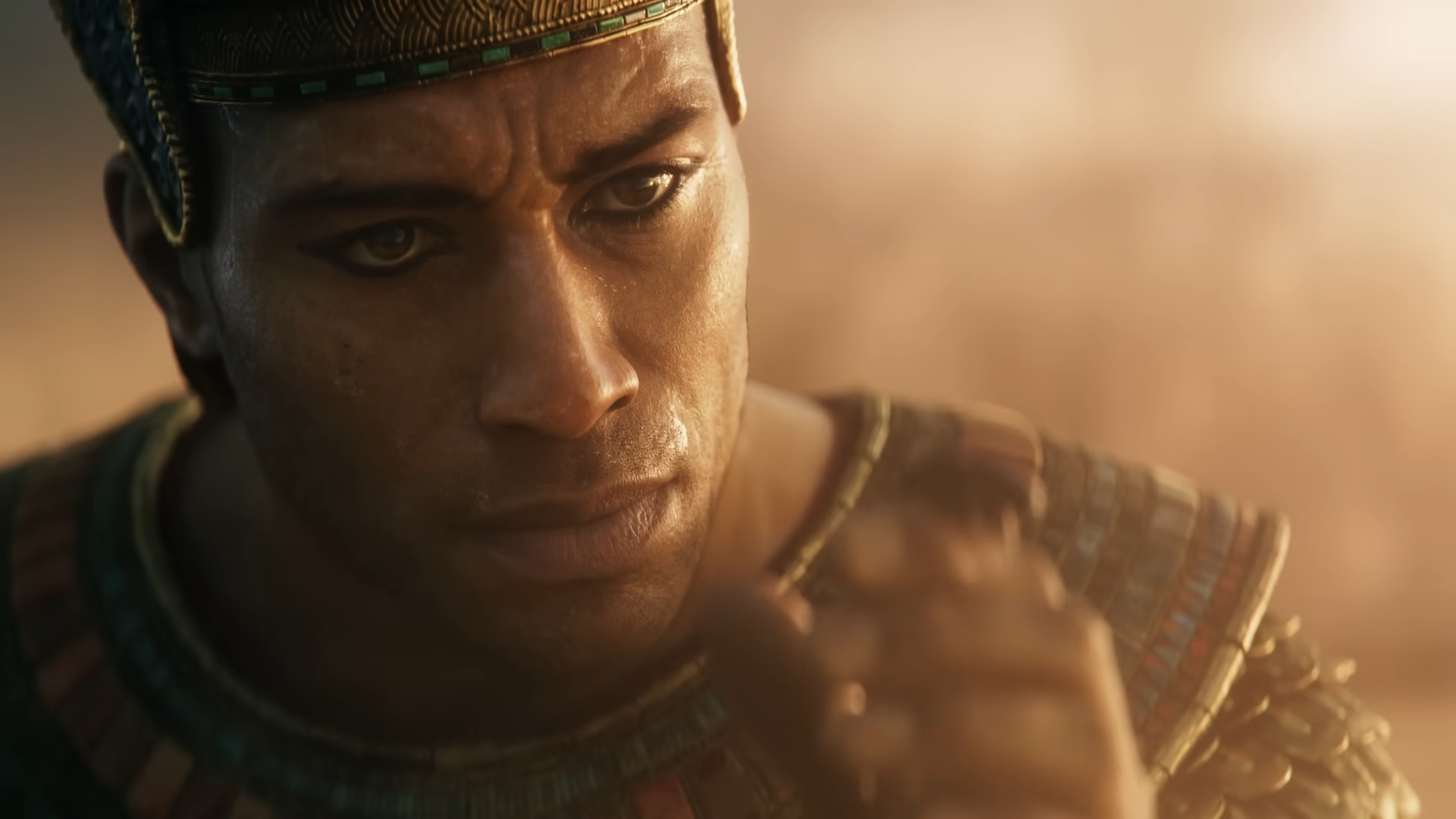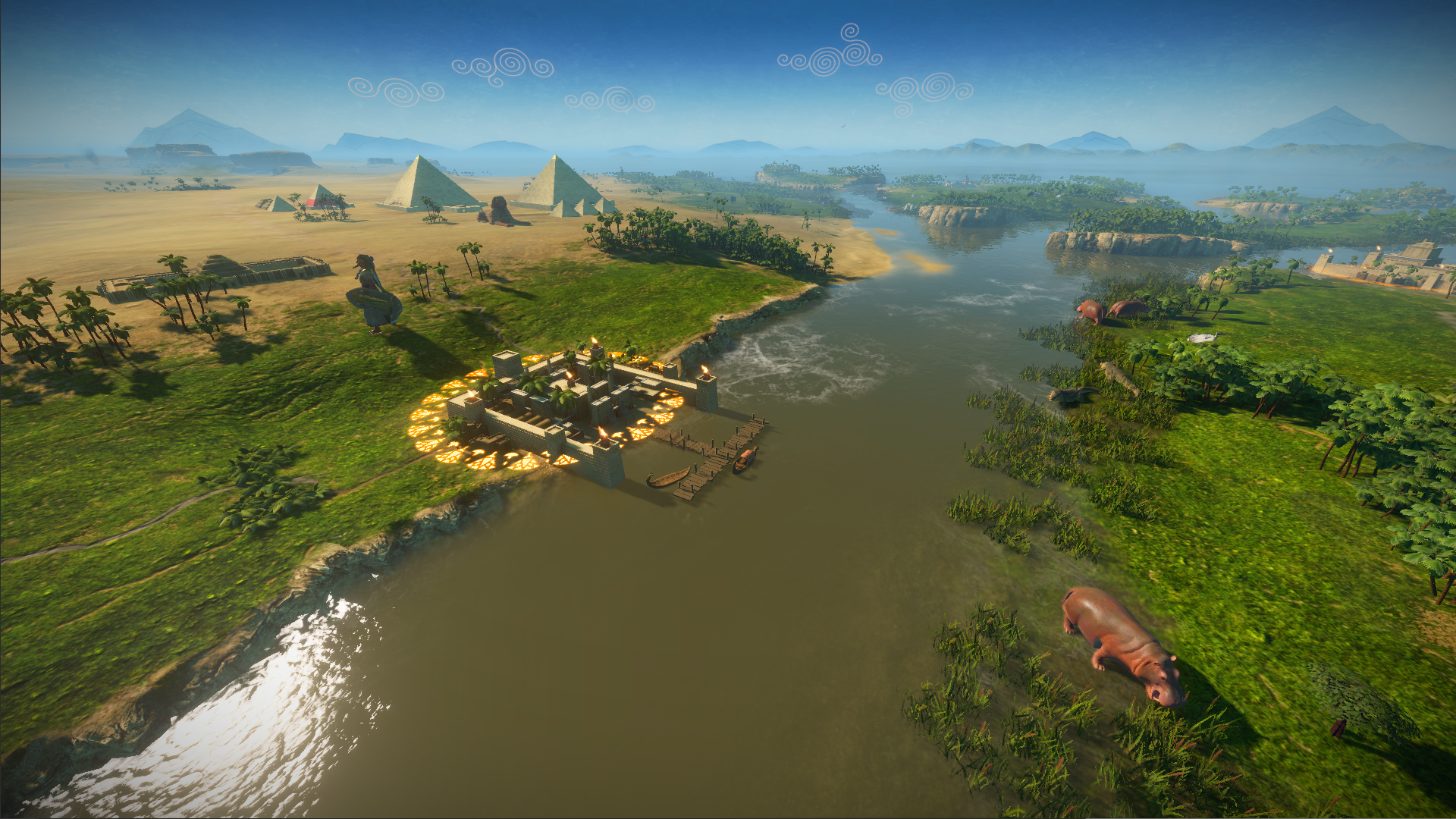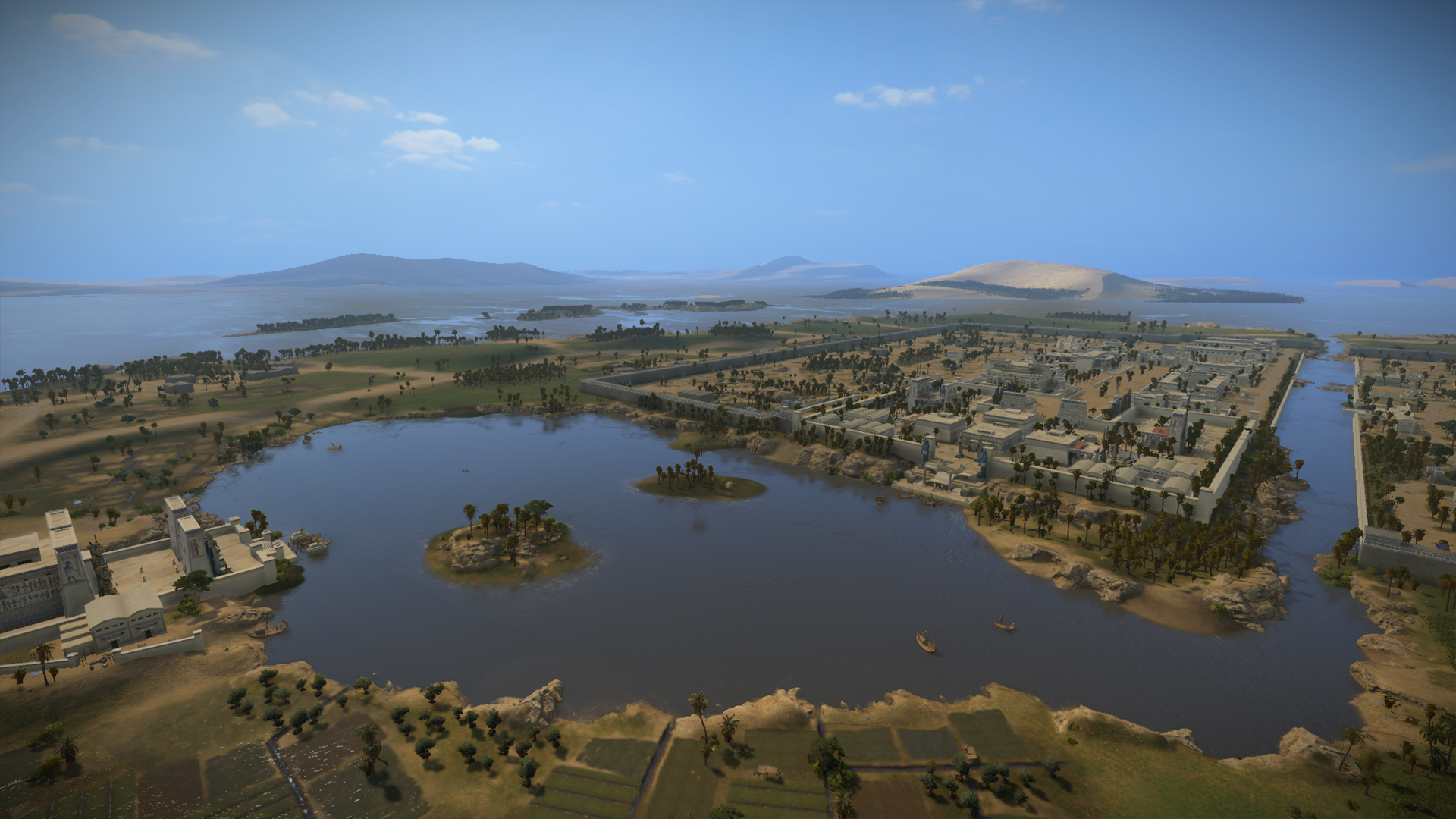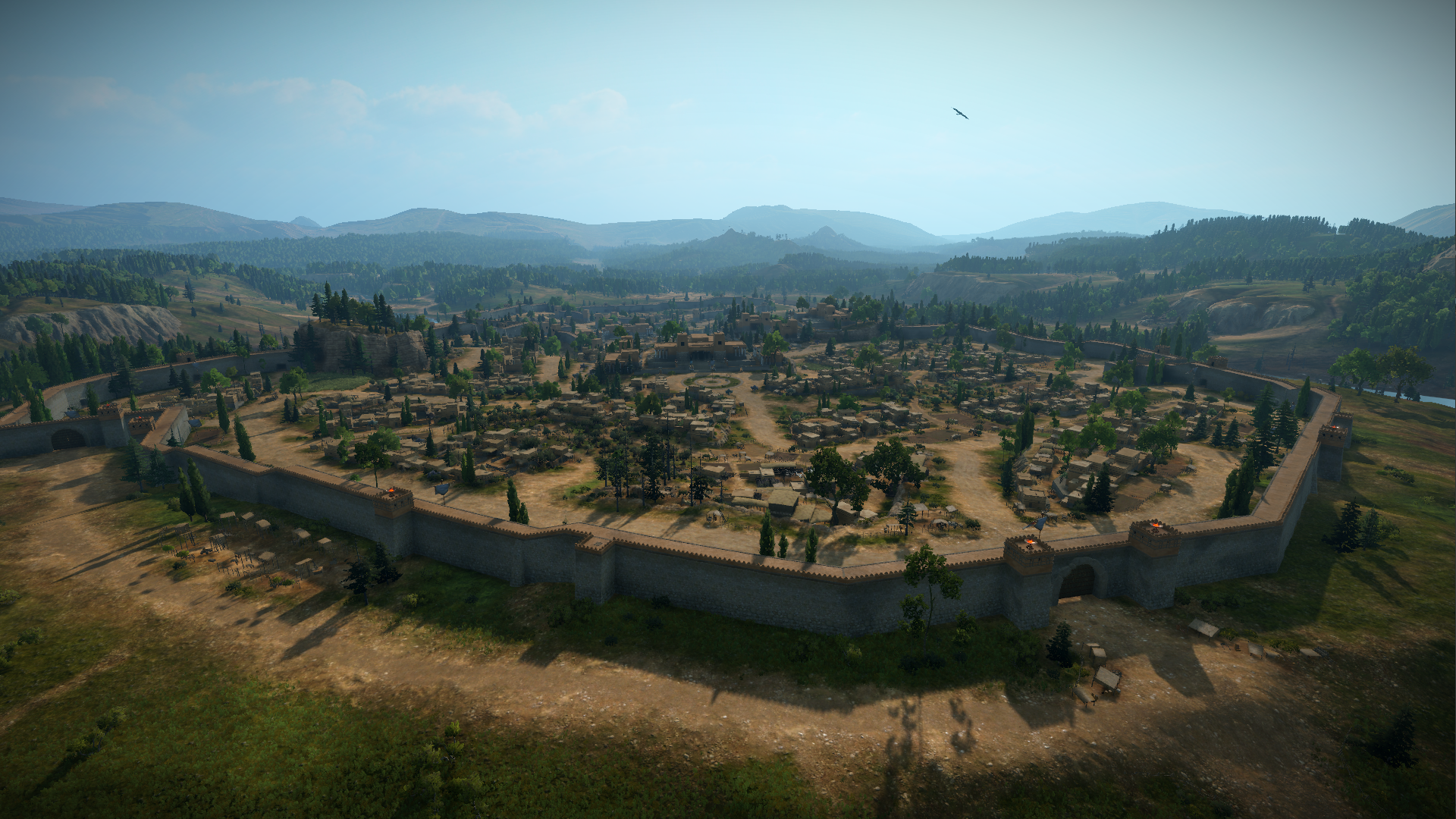Total War: Pharaoh is a historical Total War for the modern crowd
50 turns with Creative Assembly Sofia's Egyptian war.

To be perfectly honest, I'm shocked Total War is only now getting to Egypt. Total War may be an RTS, sure, but it has roots in historical wargaming. Earlier entries in the series were much more about morale and maneuvers than hit points and stats, more focused on the big, classic settings that people have been pushing miniatures around in for the last century: Classical, medieval, black powder. The fourth time period is, traditionally, the Bronze Age. The first few thousand years where people really just started to figure out how to get a truly huge number of each other in one place to do murders.
It's a favorite for a reason, and Total War: Pharaoh is picking one of the best times we know of: The late Bronze Age collapse, when two thousand years of ancient Egyptian power went to crap all at once, along with the rest of the ancient world. So it's really nice to see a game set here, and during a 50-turn hands on with an in-development build of the campaign I got a good look at the focused historical experience that Total War: Pharaoh is aiming to deliver.

The first thing I realized is that Pharaoh is learning lessons from modern Total War while still making its own way. It's certainly taking a lot from the framework of Total War: Warhammer, with unit stats that are tweaked by the level and specialization of the person commanding the army. Playing as the young Ramesses III, for example, I found that his early access to elite Medjay units made a focus on a strong core vital. As Ramesses leveled up I leaned in to that, boosting his stats, as well as those of his elite archers. It felt like a natural blend of game mechanics and historical traits where, based in the desert Sinai, Ramesses may have relied on these tough locals as the core of his forces.
Whether that feeling sticks over the course of a whole campaign is a different question. A few 50 turn campaigns didn't give me an answer to my real question: Will becoming Pharaoh feel like an exercise in historical empire-building or will it ultimately become a numbers game of optimizing unit bonuses to make unstoppable super-armies?
What is a numbers game, in a good way, is the strategic-level campaign map. Moving units to and fro requires keen awareness of not just the often-harsh desert terrain but where you chose to build up your infrastructure. The coolest bit of this is various outposts you build in your territory, each of which gives a bonus of some kind and a movement speed refund to armies that reach it. Setting up Egyptian waystations, for example, creates a supply cache that lets your armies march further and ignore desert attrition. It's the first time I can remember a Total War game feeling like I had to really plan defense in advance—which is awesome to see. A big part of the Pharaoh campaign is that the world is falling apart.
The end is nigh

That's reflected in the Pillars of Civilization mechanic, which represents the Egyptian mindset at the time. If the major temples of the gods are maintained, the dynasty is stable, and the foreigners are subjugated, all is well. That's not going to happen, of course—or at least not easily—because in addition to invading Canaanite forces, your lands are under threat from marauding Sea Peoples. My first experience with them was pretty unimpressive: They sacked a couple cities and got stomped. After turning up the difficulty, however, I was forced to use more than half my military forces on garrison duties along the Mediterranean coast to deal with enemy raiders ranging from five or six units looking to sack a town to dozens of units looking to turn my cities into rubble.
Using the campaign map to strategic ends did feel quite good. Pharaoh's resources focus more on practical ancient realities rather than nebulous currencies that more modern Total War games aim at. The most important thing is simply food: Does your empire produce enough excess grain to feed your troops? Second concerns are wood and bronze and stone: Can you arm your soldiers and build your settlements? A distant last is gold, a currency of prestige used for paying your few highly elite noble troops, but mostly valuable for trade. The other factions in Egypt and beyond will give a premium on other resources in exchange for gold.
The biggest gaming news, reviews and hardware deals
Keep up to date with the most important stories and the best deals, as picked by the PC Gamer team.

None of which matters if there isn't any food to trade for gold. The part of Pharaoh's campaign that I liked the most was simply that resources felt scarce and valuable. The flood cycles of the Nile mean that most Egyptian factions are dealing with a back-and-forth swap between surplus and shortage over the course of a dozen turns. Farms I built as Ramesses on the desert of Sinai had a smaller, fixed income, while those I build on seized territories in the Nile delta produced huge surplus sometimes. This allowed me to swell my armies with an excess of cheap militia units to absorb casualties while on campaign, only to either relegate those to reduced-upkeep garrison duties along the coast or disband them entirely when the dry season cut off the flow of food.
Those tough concerns like food and defense are the most exciting single part of Pharaoh for me. While some strategy games are afraid to make things hard on you by putting you in a world getting progressively worse, it looks like Total War: Pharaoh's campaign will let you set things up to fail. I love failing in games like this, because it makes success all the more sweet. I'm looking forward to seeing more when Pharaoh releases on October 11.
Jon Bolding is a games writer and critic with an extensive background in strategy games. When he's not on his PC, he can be found playing every tabletop game under the sun.

